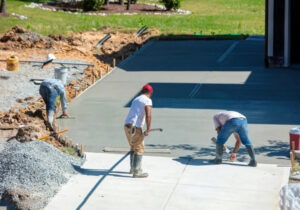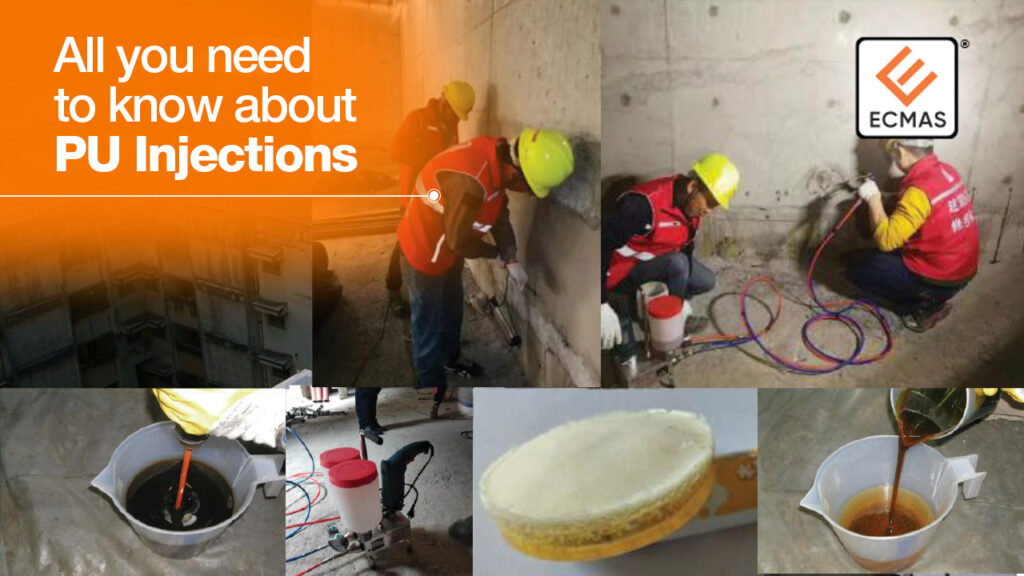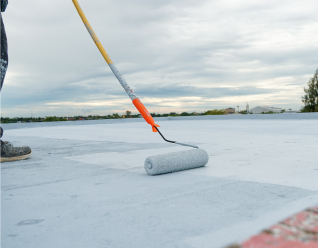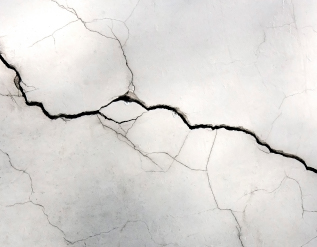If concrete is a building material, it owes it to the cement hydration process. That is, to that complex system of chemical reactions between cement and water, thanks to which concrete transforms from an initially plastic mass, and therefore easily mouldable, in a rigid and mechanically resistant material such as stone.
As the chemical reaction between the water and the cement progresses, two physical-mechanical variations occur:
– the first consists in a gradual loss of the initial workability of the fresh concrete up to the time in which the mix is no longer mouldable (setting)
– the second concerns the subsequent and progressive increase in mechanical resistance (hardening)
The setting rate is influenced by several factors, including temperature, humidity, the amount of water used, and the presence of certain admixtures such as accelerators or retarders.
Effect of heat on concrete setting time
One of the most significant factors that affect concrete setting time is temperature. In general, high temperatures accelerate the setting rate, while low temperatures slow it down. This is because a chemical reaction between water and cement called hydration occurs during the setting process.
In hot weather the kinetics of the chemical reaction between water and cement increases resulting in a shorter setting time. This can lead to cracks in the concrete as well as strength reduction over a longer period of time. This is where retarding admixtures developed by admixture manufacturers in India come in handy.

What are retarding admixtures?
The retarding admixtures have the function of reducing the degree of hydration of the cement in the first hours, especially in hot climates when the high temperature accelerates the hydration of the cement, hindering the transport of the concrete (loss of workability)
Retarding admixtures are added to the concrete mix to slow down the setting time of the concrete mix to allow it to increase its workability for a longer time before hardening. This is especially useful in hot weather situations,in the case of complex concrete placements, special surface finishing, preventing cold joint formations, and more.
Retarding admixtures by admixtures manufacturers in India offers several benefits, including increased workability, improved pumpability of concrete, reduces slump loss, prevents concrete bleeding, and less likely to develop defects such as cracking and shrinkage. Not only that, it reduces the amount of concrete that is wasted.
How retarding admixtures counters concrete setting time acceleration?
In hot weather, the setting time of concrete mixtures tends to accelerate. So, in order to combat this issue, admixture manufacturers in India recommend using retarding admixtures.
Retarding admixtures works by delaying or interfering with the hydration process, which slows down the hardening of the concrete. It delays the hydration process by coating the cement particles with a thin film, preventing them from reacting with water. This is achieved by either physically or chemically blocking the sites where water molecules would normally attach themselves to the cement particles. This helps to slow down the setting time. However, it is important to note that the amount of retarding admixture used will depend on the specific conditions and the desired setting time. Too much retarder can cause the concrete to become too soft and weak, while too little may not be enough to slow down the setting time.
In conclusion, retarding admixture is an essential tool for construction projects, especially in hot weather conditions. They are used to slow down the setting time of the concrete, giving workers more time to place and finish the material. This can improve the overall quality of the concrete and reduce the risk of cracking and shrinkage. However, it must be noted that it is important to follow the recommended guidelines provided by admixtures manufacturers in India and use the appropriate amount for the specific conditions.
ECMAS Construction Chemicals is one of the leading admixtures manufacturers in India and provides a wide range of concrete admixtures including retarders, plasticizers, superplasticizers, accelerators, and more.





